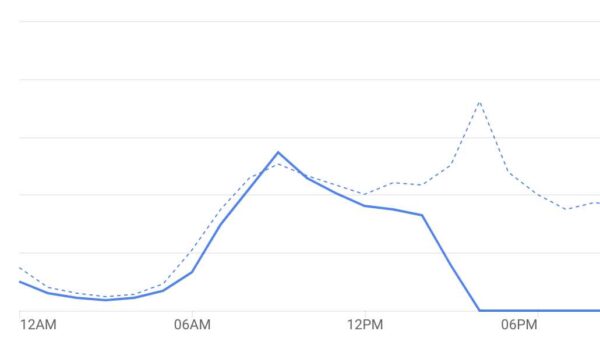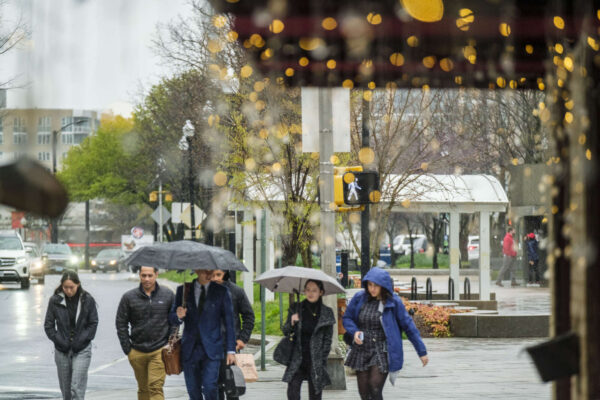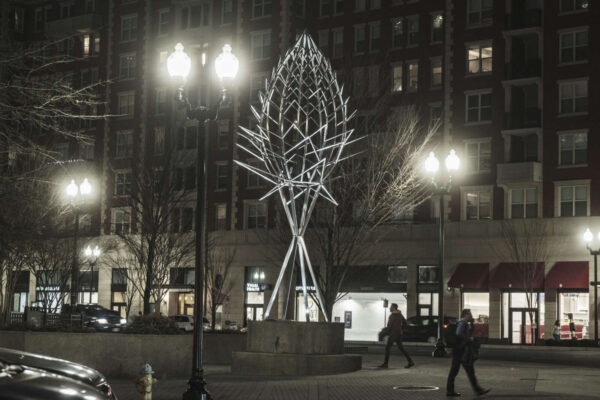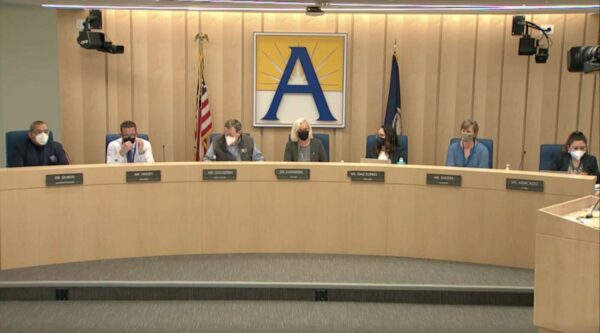Sponsored by Monday Properties and written by ARLnow, Startup Monday is a weekly column that profiles Arlington-based startups, founders, and other local technology news. Monday Properties is proudly featuring 1515 Wilson Blvd in Rosslyn.
Relying on survey feedback after an event was not enough for the co-founders of Bear Analytics.
While surveys were the standard for evaluating trade show performance, Joe Colangelo and Eric Misic saw an opportunity in all the data event organizers were already gathering from their customers but weren’t using very well.
Arlington-based Bear Analytics collects registration information, exhibitor sales and more from across various platforms to increase attendance and encourage people to return the following year.
Colangelo and Misic started in the large trade show space, where they saw challenges to reporting how well events were being marketed. In 2013, they started asking around to see if others were struggling with the same thing and most answered yes.
“So we quit our jobs that summer and started Bear,” Colangelo said.
Now, their clients range from the National Association of Home Builders, Global Pet Expo and National Confectioners Association.
Virginia Venture Partners recently announced an investment in Bear Analytics so it could ramp up hiring for technical roles.
While Bear Analytics works with people all over the world, its core team is based out of the Crystal City office. Colangelo grew up in the Buffalo/Niagara Falls area but moved to Arlington to work in a trade organization in D.C.
“I love Arlington,” he said. “Arlington has a lot to offer.”
Colangelo said marketing traditionally had been very reactive, like in the ’60s and ’70s with door-to-door sales focused on selling goods and then surveying to discover what could improve.
“But now, as information moves faster than ever, we’re in a position where we can actually change the future outcomes,” he said.

The days leading up to a trade show is when the data can be the most impactful but is also when organizers are already in “show mode” and have the least amount of time to use that data, Colangelo said. Without Bear, organizers may not look at it until after the event is over.
“And then you’re only in a scenario that you can get it right the following year, if you even do something with it,” he said.
But using the information, Bear can make predictions ahead of the show — something the company has doubled down on since the pandemic.
Bear Analytics’ most productive quarter was right before the pandemic, the first quarter of 2020, and then many factors changed for live events, Colangelo said. People weren’t attending in person, and if they were, they wouldn’t commit to a show until a few weeks out, closer to the event than before the pandemic.
“Your window for reaching (customers) with the right message and the right offer to get them to attend is narrower than it’s ever been,” he said. “We use data to let you know who is more likely to convert at the right time.”
The pandemic was a turning point for Bear Analytics. Colangelo said they had to change everything to reimagine the way Bear worked, going from a boutique consultancy agency to technology first.













